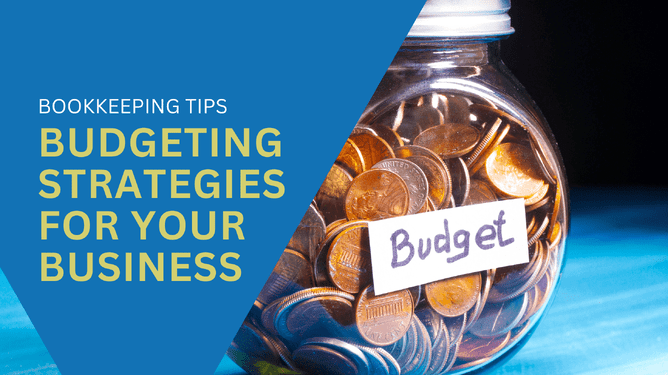It's not uncommon for people to forgo budgeting. In fact, during my time at the Tauranga Budgeting Services, I saw this quite a bit – not just with individuals, but with businesses as well.
Why haven’t you set up a budget for your business? A well-structured budget can provide stability, help your business achieve its financial goals, and give you something to work towards. It allows you to track your financial expectations for the month, quarter, or year. It provides a benchmark for your performance, so you can adjust your strategies accordingly, and make informed business decisions.
Here are several reasons why a budget is essential for running a successful business.
The Importance of Budgeting
#1. Keep track of where your money is going.
A budget provides a clear picture of your financial health. It outlines your income and expenses and helps you track where your money is going. For businesses, this clarity is vital for making informed decisions. It ensures you have control over your finances, reducing the likelihood of unexpected shortfalls or financial crises.
#2. Helps you reach business goals.
A budget encourages you to plan for the future. It's a roadmap for your financial journey and allows you to set realistic economic goals for your business. For businesses, this could mean investing in new equipment, expanding operations, or improving cash flow. A budget provides a tangible target to work towards.
#3. Predict slow months to stay out of debt.
Businesses that operate without a budget often find themselves reacting to financial issues as they arise, rather than proactively managing their finances. A budget helps you anticipate and prepare for future expenses, reducing financial stress and improving overall performance. It allows you to identify cost-saving opportunities and make adjustments before problems become unmanageable.
#4. Estimate what it will take for the business to become profitable.
In simple terms, a budget can be used as a guide to steer you towards your financial goals. By providing a plan for a specific period, a budget allows your bookkeeper to examine the profitability of your business and its financial health.
Cash flow forecasting can predict the future outcomes of your business based on past and current data. So, while a budget lays out the financial plan, a cash flow forecast can help predict the future health of your business.
How Budgeting Works
Budgeting involves compiling past and current data over a set period of time, such as a year, to make financial projections for your business. It involves forecasting both income and expenses (i.e., rent, salaries, supplies, etc.) and regularly monitoring these so you can adjust your spending accordingly throughout the year to make wiser business decisions.
For example, if you were to discover that your expenses are over budget one month, you might decide to reduce spending on office supplies until your expenses are back on track. That’s just one of the benefits of setting up a budget.
A budget can provide a plan for profitability, identify opportunities for cost-saving, and pinpoint ways to improve the allocation of business resources. Creating a business budget from scratch can seem tedious, but that’s where a bookkeeper can help. Here's how we can help:
Data Analysis and Insights: Bookkeepers are experts in organising and analysing financial data. A bookkeeper can review your past income and expenses to identify spending patterns and trends. This historical data provides a strong foundation for forecasting future income and expenses in your budget.
Categorising Expenses: Bookkeepers can help categorise your expenses effectively. This ensures all costs are accounted for and allocated to the appropriate categories in your budget. This detailed breakdown helps you understand where your money is going and identify potential areas for cost reduction.
Industry Benchmarks: Bookkeepers may have access to industry benchmarks, which are average expense figures for businesses in your sector. By comparing your spending to these benchmarks, you can see if your costs are in line with similar businesses and identify areas for potential savings.
Budgeting Tools and Templates: Many bookkeepers are familiar with budgeting software and templates. We can recommend tools that suit your business needs and help you set up your budget in a user-friendly format.
Ongoing Support: Creating a budget is just the first step. A bookkeeper can help you monitor your progress throughout the year. We can track your actual income and expenses against your budgeted amounts and identify any significant deviations. This ongoing support allows you to make adjustments to your budget as needed and ensures you stay on track with your financial goals.
Budgeting is an invaluable tool for a business’s financial success, that too few business owners take advantage of. It provides clarity, control, and direction, to help you achieve your financial goals.
Want to know how your business is performing regularly? Take control of your finances today and set yourself on the path to success. Get in touch for a free, no-obligation chat.


